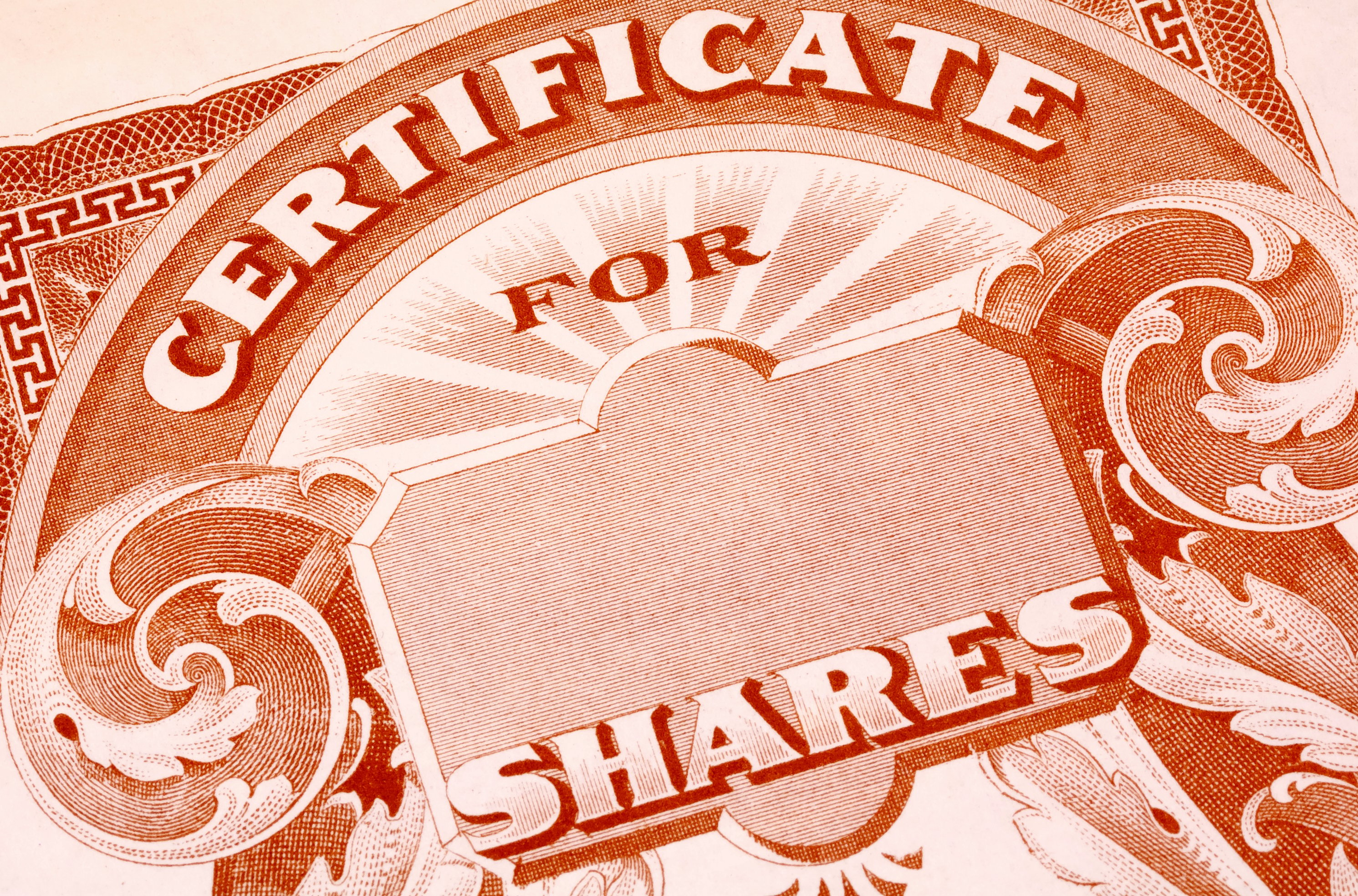Over the very long-term, there's absolutely no question that the stock market is the greatest wealth creator. It may take a back seat to select commodities from time to time, but it's delivered the highest average annual return over many decades.
However, since cryptocurrencies made their debut a little over a decade ago, they've run circles around the broader market. While Bitcoin and Ethereum are the largest digital currencies, and therefore attract the most trading volume, it's meme-based cryptocurrency Dogecoin (DOGE 0.51%) that's been the recent superstar.

Image source: Getty Images.
The Dogecoin bubble is going to burst
Created in 2013 as a joke, the Shiba Inu-inspired digital currency was up as much as 27,000% over the trailing six months as recently as May 8, 2021. This return outpaces the aggregate gains of the benchmark S&P 500, including dividend payments, over the past 56 years.
Dogecoin supporters regularly point to its lower transaction fees, relative to Bitcoin and Ethereum, its increasing utility among businesses, and the quality of its community, as reasons to buy and "hodl." But the fact of the matter is that none of these catalysts hold water if you do any research whatsoever into crypto.
While Dogecoin may offer lower transaction fees than Bitcoin and Ethereum, it's far from the lowest itself. Nano, Stellar, Ripple, Bitcoin Cash, Dash, Ethereum Classic, and many other crypto networks, offer lower transaction fees than Dogecoin. If you cherry pick the data by focusing on only Bitcoin and Ethereum, you miss the big picture. To add, Dogecoin is far from the quickest at validating and settling payments, and its average transactions handled per day is a fraction of what payment processors Visa and Mastercard handle.
Dogecoin has virtually no real-world utility beyond cryptocurrency exchanges. While a small number of known venues have begun accepting Dogecoin, only around 1,300 businesses take it as payment. For some context here, there are more than 580 million entrepreneurs worldwide. If you buy Dogecoin, you're essentially hoping someone will pay more for it later, because it has little or no real use beyond crypto exchanges.
Let's not also forget that history is undefeated. Every parabolic move higher in history has eventually been met by hype-filled tears. It's impossible to know when the crypto bubble and Dogecoin will burst, but history says it's coming.

Image source: Getty Images.
Ditch Dogecoin for these superior stocks
Instead of tossing your money down the drain with a subpar digital currency like Dogecoin, I'd suggest putting it to work in companies you know will make you rich, given the proper amount of time. The following trio of stocks have tangible catalysts in their sails and all the tools needed to make you a wealthy investor.
Intuitive Surgical
One of the smartest ways you can put your money to work right now is by purchasing shares of robotic-assisted surgical systems developer Intuitive Surgical (ISRG 1.41%). Don't let the company's share price of more than $800 fool you -- it still offers significant long-term upside.
For more than two decades, Intuitive Surgical has sold its da Vinci surgical systems to hospitals and surgical centers in the U.S. and internationally. These devices are used by surgeons in soft tissue procedures to make more precise incisions, thereby minimizing recovery time and the potential for complications during laparoscopic surgery.
Since its inception, Intuitive Surgical has installed 6,142 of its systems globally. This may not sound like a lot, but it's far more than all of its competitors on a combined basis. The company's innovation, the training hours for surgeons on these systems, and the high price for da Vinci ($0.5 million to $2.5 million), make it very likely that these 6,100-plus clients remain loyal for a very long time.
What's more, Intuitive Surgical is primed to expand its operating margins over time. Whereas most of its revenue derived from selling its da Vinci systems in the 2000s, the bulk of the company's sales today come from selling instruments and accessories with each procedure, as well as servicing its systems. These are considerably higher margin segments, which is what will allow earnings to grow at a quicker pace than revenue for a long time to come.

Image source: Getty Images.
Jushi Holdings
Investors can also confidently pound the table on most U.S. marijuana stocks. That's because, federal reform of not, the U.S. cannabis industry is on track to generate north of $41 billion in legal sales by 2025, according to estimates from New Frontier Data. That's an open invitation for small-cap multistate operator Jushi Holdings (JUSHF +1.16%) to thrive.
For the time being, Jushi is a small fry. After completing the acquisition of two dispensaries in California (one of which is operational), it has 18 operating dispensaries and the ability to have well over 30 retail locations. What's particularly notable about Jushi's strategy, and where it tends to differ from most other multistate operators, is that it predominantly focuses on limited-license markets.
Approximately 80% of Jushi's 2021 sales will likely come from the trio of Pennsylvania, Illinois, and Virginia. The latter assigns retail licenses by jurisdiction, whereas the former two limit license issuance. The point is this: Jushi will have limited or nonexistent competition, which will help the company build up its brand(s) and develop a loyal following.
Jushi also hasn't been afraid to put its money to work in the acquisition department to further its expansion. It's completed deals in Pennsylvania and Virginia to expand its presence in these markets, and as noted, has worked its way into California, the largest marijuana market in the world by annual sales.
With Jushi only valued at three times this year's projected sales, it could be the best value in the cannabis industry.

Image source: Getty Images.
Alphabet
As with Intuitive Surgical, don't be fooled with Alphabet's (GOOGL +1.34%)(GOOG +1.35%) high share price or trillion-dollar market cap. The parent company behind Google internet search and streaming platform YouTube is a high-growth, dominant company that should have no trouble delivering steady gains to patient investors.
When it comes to internet search, Google might as well be considered a monopoly. According to data from Globalstats, Google has maintained a 91% to 93% global share of internet search for the past two years. Being such a dominant search platform means that advertisers are willing to pay up for prime placement. Over time, Google's ad-pricing power and the flattening of traffic acquisition costs should greatly expand operating margins for Alphabet's core operating segment.
But it's not search that has folks excited. YouTube has become one of the three most-visited social platforms in the world, and its ad revenue growth proves it. The $6 billion YouTube brought in during Q1 2021 was 49% more than it generated in Q1 2020, and it puts the streaming site on pace to generate $24 billion in full-year run-rate revenue.
Meanwhile, Google Cloud continues to grow at a pumped-up pace. The $4.05 billion in Q1 sales from its cloud infrastructure service represents a 46% increase from the prior-year period. Though it's a capital drain for the time being, Cloud could become a core cash flow driver for Alphabet by mid-decade.










